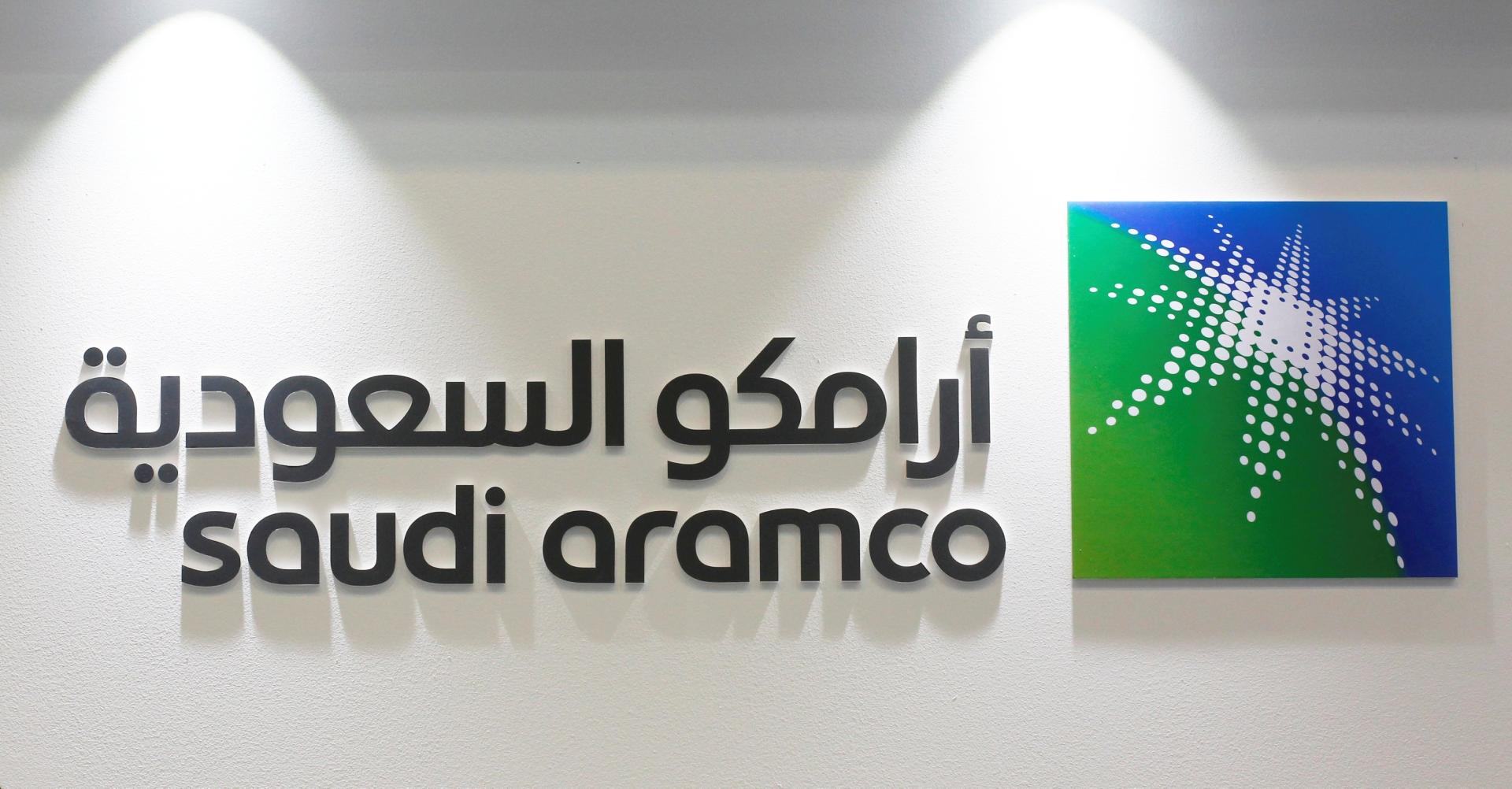BAKU, Azerbaijan, Dec.19
By Leman Zeynalova – Trend:
Saudi Aramco is shifting focus of its investments both domestically and abroad, Trend reports citing Fitch Solutions Macro Research (a unit of Fitch Group).
The company forecasts in its report that domestically, Saudi Aramco will target its capital spend towards clean fuels projects, residual upgrades, capacity debottlenecking and modernization works.
“A number of projects are either ongoing or in the pipeline for tendering. KBR has been awarded a contract to debottleneck the SATORP facility. The project, slated for completion in August 2020 , will increase throughput to 460,000 b/d, up from 440,000 b/d. This will not alter nameplate capacity, but will be captured in our forecast through a higher utilization rate. Other ongoing projects include a clean fuels project at Ras Tanura (scheduled for completion in Q1 2021) and clean fuels and upgrade works at the Riyadh refinery. In December 2017, CB&I was awarded a $95 million engineering , procurement and construction contract for the expansion and modernization of SASRE, although we are unclear on the current status of this project. There are also plans to perform upgrade works at Petro Rabigh and in February 2019 Jacobs was awarded the front end engineering design contract,” reads the report.
This shift in investment away from greenfield projects and towards clean fuels projects and upgrades, modernizations and expansions will likely remain in play for several years, Fitch Solutions believes.
“Globally, fuels standards continue to tighten. Ageing facilities often require additional investments in order to produce compliant fuels and retain broad-based access to markets.
Investments are also being targeted towards fuel oil upgrades. The bulk of fuel oil is consumed either in the power or shipping sectors. Demand from the power sector has fallen into structural decline, as generators shift to less expensive and less polluting feedstocks,” said the report.
Moreover, as Fitch Solutions notes, marine fuel demand is also set to tumble, following the implementation of the International Maritime Organization's 2020 sulphur regulations.
“Effective January 1, the regulations will reduce the allowable sulphur content in marine fuels to 0.5 percent mas s -by-mas s , down from 3.5 percent currently. It is set to trigger a major shift in the makeup of marine fuels demand, away from heavy sulphur fuel oil and towards low sulphur fuel oil and marine gasoil. This will destroy demand for fuel oil overall, undercutting prices. The fuel oil yield for Saudi Arabia as a whole is relatively high and this is an issue worth addressing, given shifting patterns in global fuel consumption,” said the company.
Saudi Arabia's refining sector is competitively placed to service regional and international markets, notes Fitch Solutions.
“The sector benefits from the strong financial and technical capabilities of both the NOC Aramco and its JV partners (Total, Sinopec, ExxonMobil and Sumitomo). Its refining operations are characterized by strong operational efficiencies and high utilization rates - which stood at 98.4 percent on a weighted average basis across the eight facilities active in 2018. In addition, it benefits from secure access to low-cost feedstock, bolstering margins from any sales made abroad. Continuing investment to produce higher value and higher specification fuels will allow the company to maintain access across the global marketplace and to compete with the wave of new facilities coming on stream across the Middle East and Asia,” the report reads.
Fitch Solutions believes the company will continue to grow its capacity through acquisitions and investments abroad.
“Aramco already has a significant foothold in the Asia market and is looking to grow this further. Investment in equity stakes in projects in the region offer the company a captive market for its crude, and Asia is an attractive destination for these investments given that region is set to dominate long-term demand growth. For example, as part of the agreement to take a 20 percent stake in Reliance Industries' 1.2mn b/d refinery in India, Aramco is entitled to provide 50 percent of the feedstock. This is consistent with its previous acquisitions: in 2018 , the company held (on a weighted average basis ) a 58 percent stake in its international refineries, but supplied on average 68 percent of the total crude those refineries processed. Securing long-term buyers for its production is of increasing importance as demand growth slips into structural decline and competition for sales ramps up.”
---
Follow the author on Twitter:@Lyaman_Zeyn






